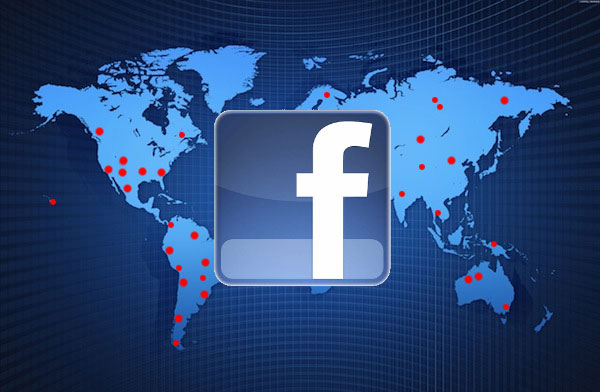The popularity of Facebook needs no introduction. What once started as a small network in Harvard University has become one of the most powerful brands in the history of humanity. From remembering birthdays to catching up with old friends sharing your life’s happy and sad moments with them, Facebook has become the most preferred communication tool. Mark Zuckerberg would have seldom imagined that his brainchild developed in 2004 would rewrite the rules of the social media. It will not be wrong to divide social media into two categories – Facebook and others. But all that popularity and success has come at a cost. It has become a favorite hunting ground for the critics who are making a career out of ‘Facebook Criticism’.
Browse through the Internet and you will come across dozens of blogs that are published every day criticizing Facebook. These blogs carry the opinion of the ‘so called experts’ who find new ways to showcase the demerits of the numero uno social networking platform. From posts relating to the privacy issues to Facebook’s IPO failure there are times when the messiah’s orchestrate self-created propaganda against the social network, which boasts of 950 million plus users. Now this brings us to a key question, has Facebook’s success become its biggest curse? Why isn’t the same benchmark being applied to other social media websites?

The issue of privacy has been blown out of proportions as the network has sufficient privacy mechanism using which the user can set their own privacy standards based on their convenience. The fact that many users fail to take advantages of these privacy features aren’t aware about such features, which is another story. The medium cannot be held accountable or guilty for someone’s misuse or abuse. There are stories on how privacy of individuals has been compromised and such stories always find importance on the internet and other forms of media – the reason, Facebook is popular and most and thus it makes news.
Perhaps, the perfect example of Facebook’s popularity working against it comes from its recent legal settlement with Electronic Frontier Foundation a so-called ‘non-profit’ organization, which is said to be working for user privacy. It raised issues about people under 18 being a part of Facebook’s sponsored stories and feeds. It is said that the NGO demanded 10 billion dollars from Zuckerberg and Co. for the protection of user’s privacy. Some say Facebook did make a lump sum payment.
Here again, Facebook’s success is being used against it in a vicious cycle where the social network breaks a privacy law in a rare case. All this is followed by a whistle blowing by critics and their lawyers who sue the company. Facebook in turn plays the critics and lawyers, but nothing to the users and this cycle continues. Such litigations against other social media sites are a rarity. Why aren’t such lawsuits and class actions being filed against other social networking sites? To put things simply, that will not make news!